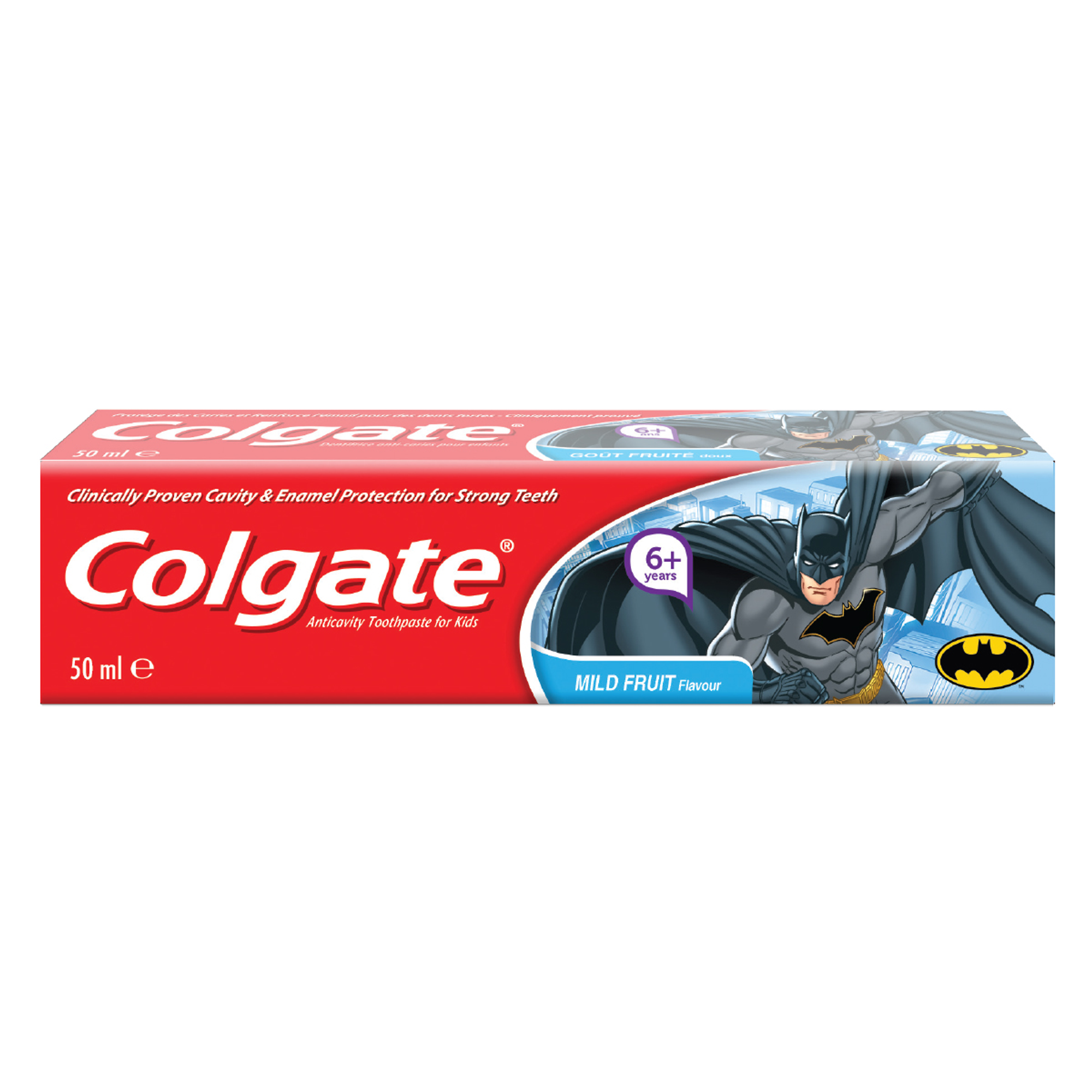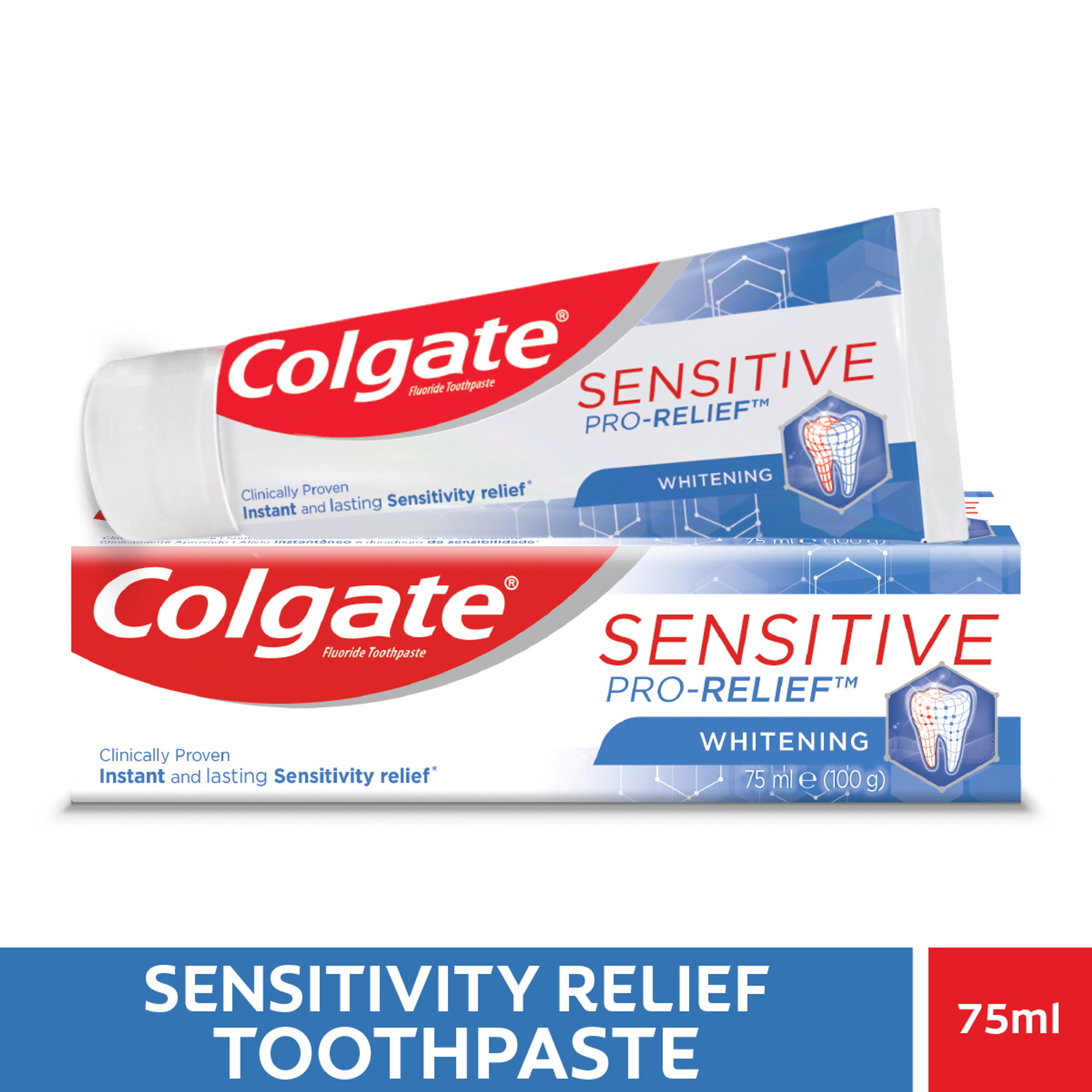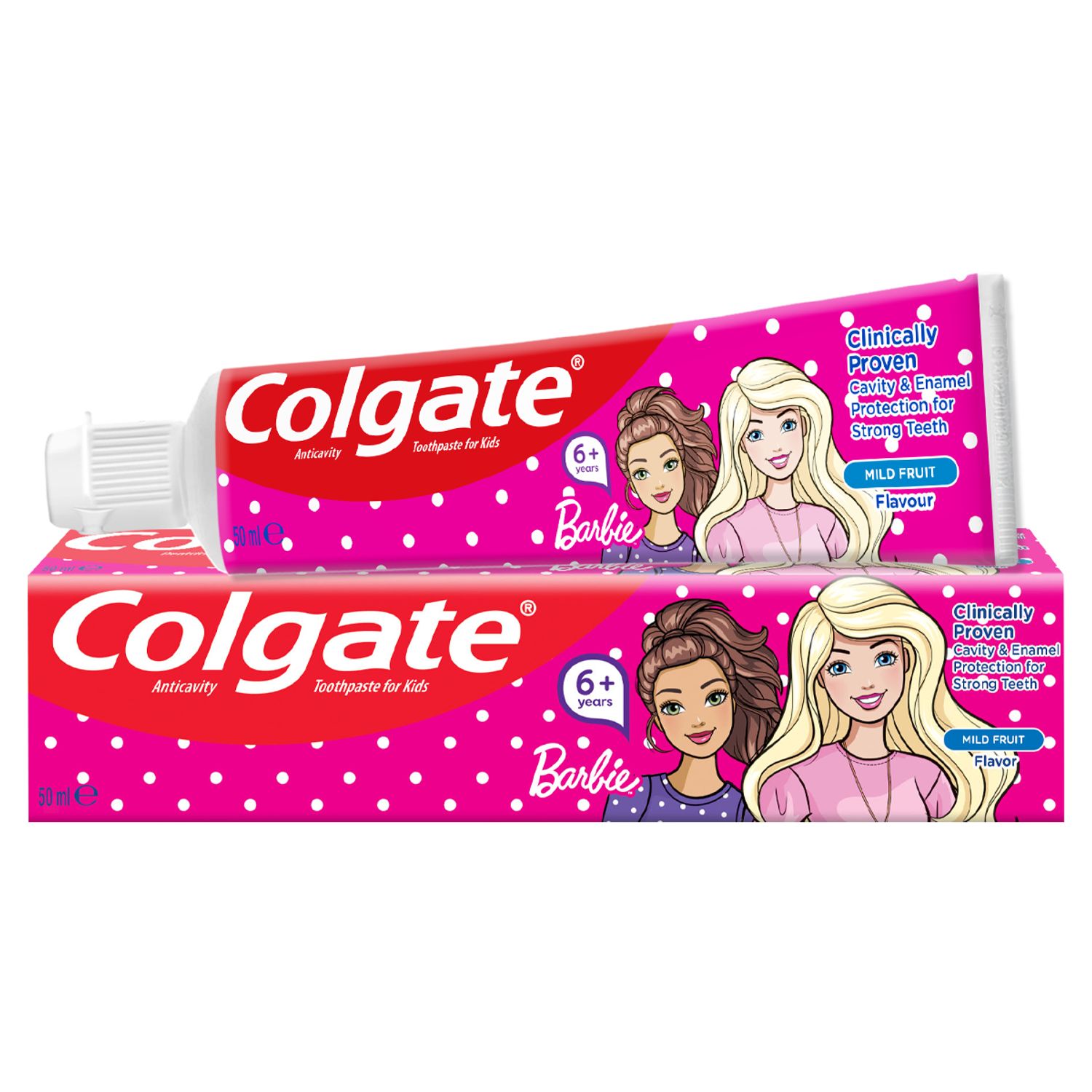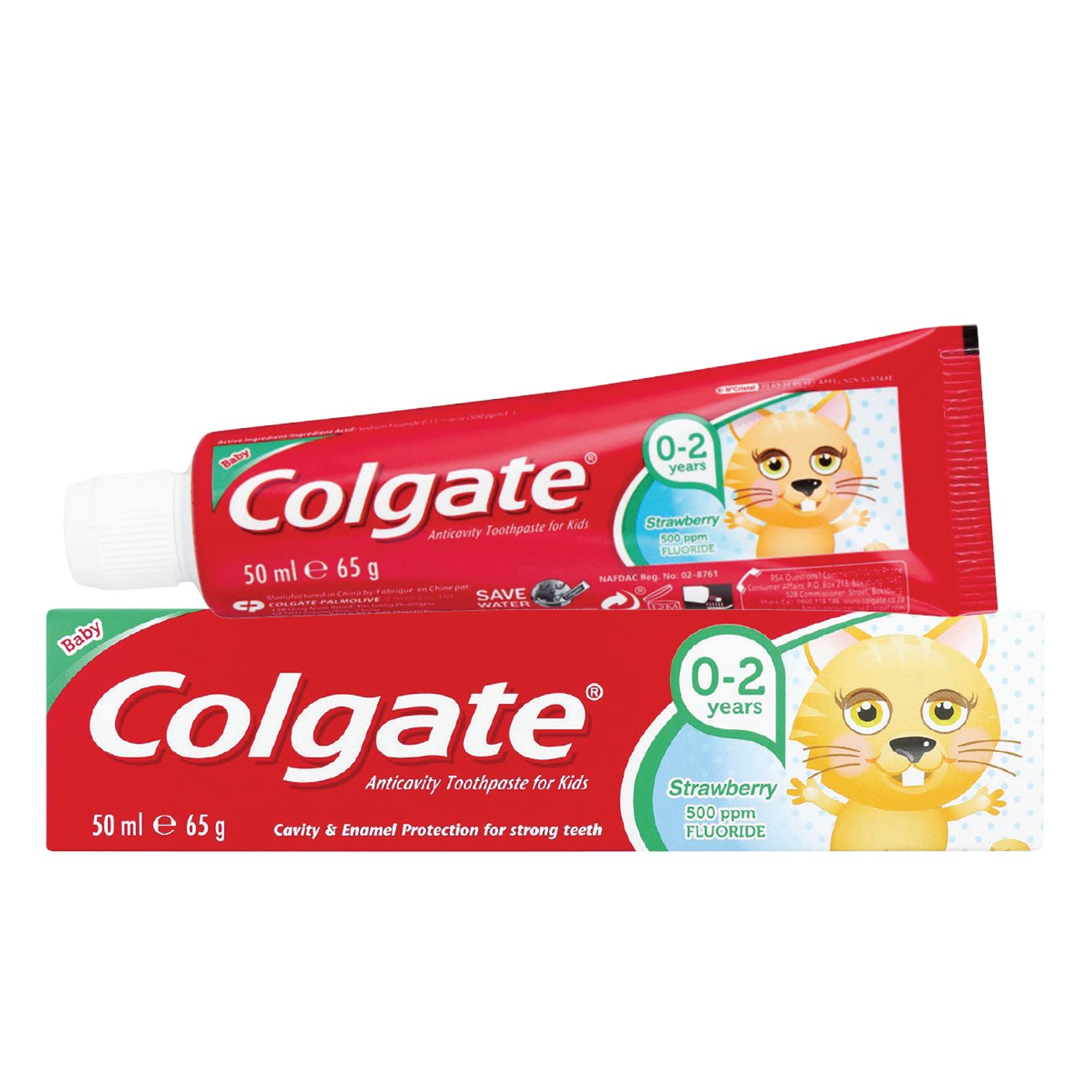-
-

CAVITIES
Can You Heal A Cavity At Home?You feel a sharp pain when you bite down or try to eat. You think it's a cavity, but you're not 100 percent sure...

BAD BREATH
How To Cure Bad BreathMore commonly known as bad breath, halitosis is an embarrassing hygiene issue that nobody wants, but some of us get every now and then...
-
Science & Innovation
- Colgate® | Toothpaste, Toothbrushes & Oral Care Resources
- Oral Health
- Toddler Tooth Decay and How to Prevent It


Tooth decay isn't a problem that affects only adults. In South Africa, over 60% of our primary school children suffer from dental decay, reports the The Faculty of Health and Science at Wits University. Nearly 28 percent of children ages 2 to 5 develop at least one cavity. This may lead a parent to wonder what causes tooth decay, how to prevent it and how to treat it.
What Causes Tooth Decay in Toddlers
Tooth decay occurs in toddlers when bacteria within the mouth begin to eat away at the primary teeth. Tooth decay is also known as a cavity or dental caries. Inadequate dental care and not brushing your child's teeth enough can be causes of decay.
A common cause of toddler tooth decay, according to Parent 24, is going to bed with a bottle. This particular condition is known as baby bottle tooth decay. The milk or juice from the bottle can sit in your tot's mouth all night and create an ideal breeding ground for bacteria
Unhealthy eating habits contribute to tooth decay, too. Allowing your child to suck on sweets for prolonged periods or to eat a lot of sugary foods will play a role.
How to Prevent Tooth Decay in Toddlers
To prevent tooth decay in toddlers, you shouldn't let your child go to bed with a bottle or a sipping cup of milk or juice. If you give your child a drink before bed or to help him go to sleep, always choose water. The AAPD recommends that children drink milk or sugary drinks quickly instead of sipping them slowly. This reduces the amount of time during which teeth are exposed to decay-causing sugars from the drinks in a bottle or sipping cup.
Make sure you brush and floss your child's teeth daily, and be sure to avoid sugary foods. Foods that are high in acid, such as citrus fruits, will weaken the enamel and make your child more susceptible to cavities. Parent 24 advise that your child should see the dentist for the first time at around age one.
You should brush your toddler's teeth with a soft-bristled brush at least twice per day and after your child eats sweets. You shouldn't, however, use a fluoride toothpaste until your little one is at least 2 years old or when he can spit the fluoride toothpaste out of his mouth and not swallow it. To brush correctly, you or your child should hold the brush at a 45-degree angle and use gentle strokes over the entire surface of the teeth and along the gum line. Each brushing should last at least 2 minutes.
Treatment for Tooth Decay in Toddlers
Once a child has developed tooth decay, he will most probably require dental work. Fillings may be used to correct smaller cavities, and a full crown may be needed if the damage is extensive. This will prevent the bacteria from spreading. A tooth that has decay throughout may have to be extracted because the bacteria can cause the secondary, or adult teeth, to develop abnormally. Pitting or staining in the adult teeth may occur if decay is severe enough in the primary teeth.
As a parent, in addition to your role in the protection of your child's baby and adult teeth, you're laying the groundwork for his oral hygiene for the rest of his life. This means you should start good habits early so that he maintains a healthy set of adult teeth.
The fact that your toddler's teeth are going to fall out doesn't mean you can ignore his oral care. Good oral health habits will prevent tooth decay in the first set of teeth, and the habits your child learns will stick with him throughout his life.
Related Products

Helping dental professionals
More professionals across the world trust Colgate. Find resources, products, and information to give your patients a healthier future











